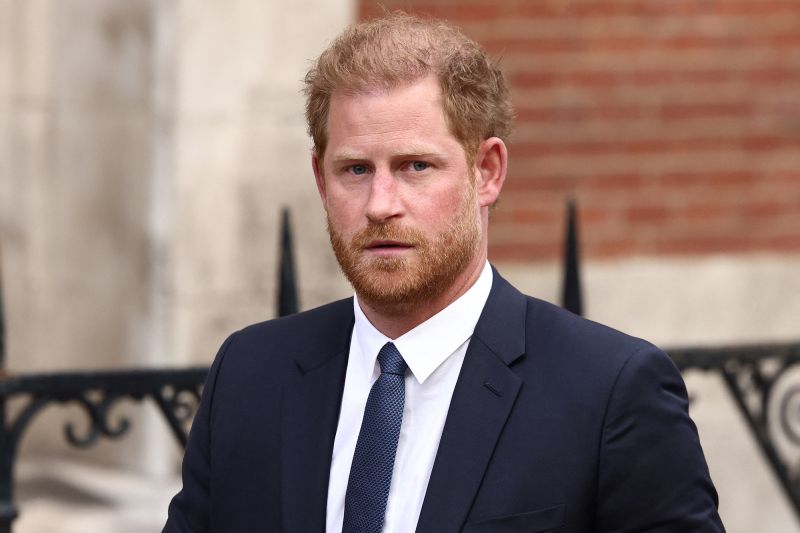In the latest string of royal legal disputes, Prince Henry Charles Albert David, known publicly as Prince Harry, has recently lost his court battle over the withdrawal of his security protection in the United Kingdom. This decision marks a significant milestone in Harry’s post-royal saga, a transition that has been fraught with controversy due to both personal and institutional circumstances.
Following his split from the British Royal Family alongside his wife, Meghan Markle, Prince Harry lodged an appeal for restoration of his security protection in the UK. The matter was not of mere preference, but of a deeper concern for both his and his family’s safety. However, the court’s decision signifies a denial of this request.
This court challenge emerged from Prince Harry’s disquiet over the loss of his security details while in the UK, something which he and his wife had been sanctioned as functional working royals. The lawsuit argued that the failure to provide the Prince with security protection when in the UK infringes upon the State’s duty to ensure his safety — a right that he maintains despite his modified status within the British Royal Family.
A central tenant to Prince Harry’s argument was the belief that given his inherently prominent public profile and associated security risks, protection should not be forfeited due to his decision to step back from royal duties. Unfortunately for the Prince, the judicial system did not concur with his viewpoint, ruling that security arrangements are a matter handled by the executive branch exercising its prerogative powers and do not fall within the jurisdiction of the courts.
The decision sets a precedent of denying royal-blood individuals of state security if they have chosen not to occupy official roles within the institution. The court, in essence, has delineated a clear demarcation between being a ‘working royal’ and ‘royal by birth’, with security details tied explicitly to the former.
The loss of this court challenge is a source of contention for Prince Harry, who has repeatedly expressed concerns over threats to his family’s safety. Prince Harry’s concerns are not unfounded, considering his mother, the Princess of Wales, lost her life in a car crash while being pursued by paparazzi.
Moreover, Prince Harry and his wife’s outspoken nature about their struggles with the media and privacy issues have made them a favourite amongst tabloids, further exacerbating their security concerns. They continue to receive intense public scrutiny, marking them as high-risk profiles in need of robust security measures.
While the loss of this court challenge may be a blow to the security considerations of Prince Harry and his family, it is worth noting that this ruling does not necessarily apply universally to other members of the royal family who may also choose to step back from their traditional roles in the future. The security provisions are implemented on a case-by-case basis, depending on specific risk assessments.
In the same vein, Prince Harry, who now primarily resides in the United States with his wife and two children, could well negotiate his own private security arrangements independent of the government provisions in the UK. Nonetheless, his diminished right to state protection in his home country marks a significant departure from his former entitlements as a royal figure.
Prince Harry’s loss in court regarding his security protection is a symbolic representation of his departure from an institution that once dictated his life. The result of this court challenge ushers in a new chapter for the former royal, explicitly marking his separation from royal privileges and reinforcing his endeavor to construct a new narrative for himself and his family. Despite this recent setback, Prince Harry continues on his path to redefine his own identity and purpose, independent of the monarchy, embodying his commitment to pave a personal path with a global impact.




